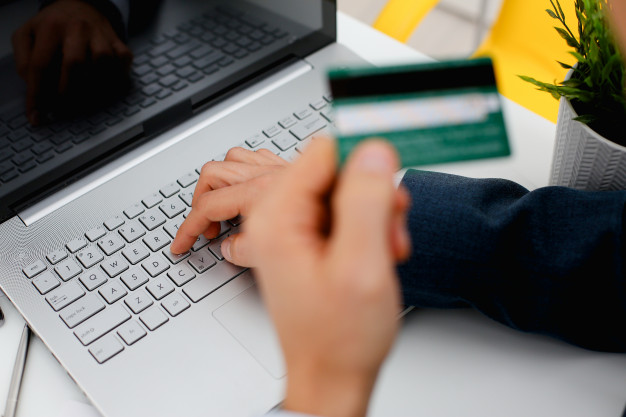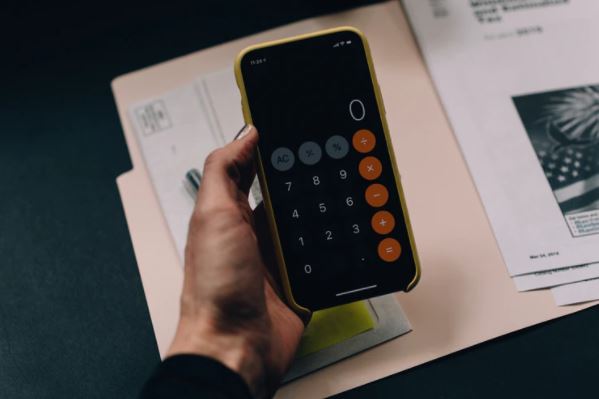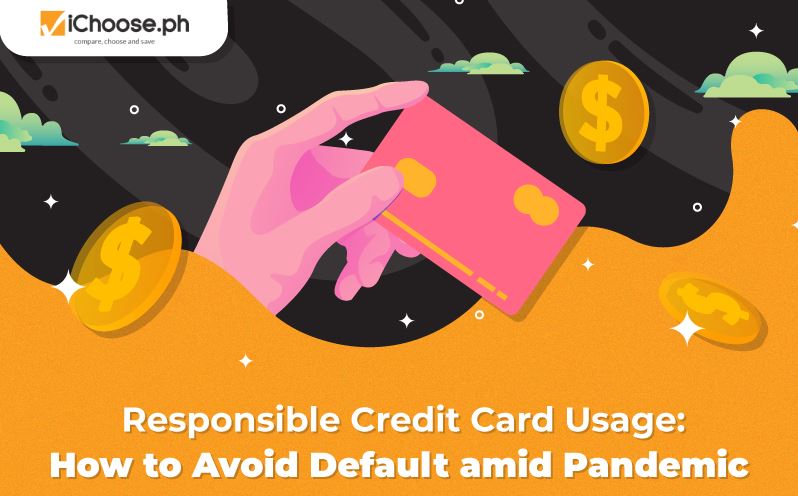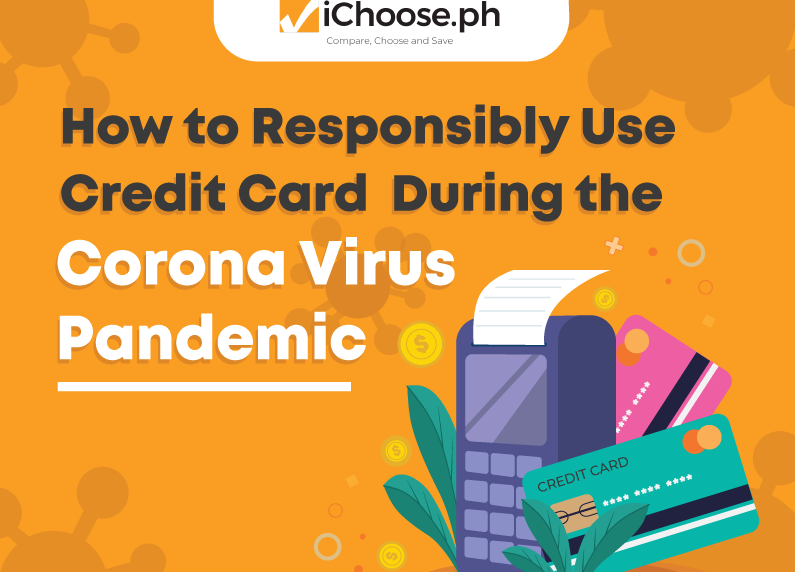Credit Card Fraud: How to Avoid Identity Theft
Today, businesses have come to increasingly depend on computer networks and electronic data for conducting their daily operations, resulting in a growing number of personal and financial information generated and stored online.
Many rely on technology to provide innovative solutions to address complex business challenges and provide customers with enhanced security, especially in businesses in the financial industry.
However, this heightens the individuals’ and financial institutions’ risk of privacy violations and cybercrime exposure.
One of the most common cybercrimes that can cause devastating damage to consumers is credit card fraud, a type of identity theft that can occur every day in various deceptive ways.
Identity theft involves using someone’s personal information for financial gain and other fraudulent purposes. While it occurs when someone assumes your identity to make purchases with your credit card, full-blown identity theft includes ruining your credit report and personal finances, negatively affecting your way of living.
Identity theft is becoming prevalent as criminals are developing more sophisticated ways to commit fraudulent acts.
According to TransUnion, a recent analysis of digital fraud in the Philippines showed that the percentage of online fraud more than doubled during March 11-April 28, 2020. Similarly, international fraudulent online transactions have seen an increase of 5% since the global pandemic onset.
With the increasing number of identity theft, it is essential to know some ways to prevent it.
Treat Credits Cards like Cash
Many people are not as careful of their credit cards as their cash lying around in their wallets. Today, various transactions have shifted online, encouraging fraudsters to take advantage of the situation. If possible, carry your credit cards separately from your wallet to minimize the chances of losses if someone tries to steal your bag or wallet.
Moreover, regularly using the card can give you good credit and rewards, saving you money in the long run. Credit card rewards allow you to purchase things a little cheaper than its original price. If you plan to buy another card, compare credit cards ph to find the best to suit your needs rather than settling for the first card offer that may come your way.
Monitor Your Credit
While stealing your wallet or purse is the leading cause of credit card fraud, many other instances that lead to identity theft occurs with unsuspecting victims. It can go on for months and years unless you are frequently aware of your credit reports. Unpaid bills can rack up and leave you in debt, eventually taking a toll on your finances for a long time.
In worse case scenarios, a criminal can gain access to your personal information by stealing your credit card, and you could end up with a criminal record. It can happen when a fraudster uses your name in illegal transactions. To ensure that no one has accessed or opened a counterfeit card under your name, make it a habit to check your reports at least every four months throughout the year.
Avoid Writing Down Your Pin and Passwords
By writing down your pin or passwords on a piece of paper and placing it inside an unsecured location, you make it easier for data thieves to access your personal information. It is okay to keep records of your account numbers and credit cards; however, you must place it in someplace secure that only you can have access to, ensuring security.
Also, never leave your card’s receipts and statements visible within anyone’s sights. When you no longer have use for them, shred the papers before disposing of them. Unless your card issuer asks for such confidential information, never disclose anything to anyone.
Never Respond to Suspicious Emails
Identity thieves can use phishing emails with an effort to make a victim reveal private information such as bank account numbers and passwords. It is a widespread practice of cybercriminals, and many have succeeded in doing so.
They pose as legitimate sources like a credit card company and send emails intended to trick credit card users into disclosing their personal information. Fraudsters may also threaten cardholders with deactivation and cancellation of their accounts if they fail to provide what they ask.
Changing Your Passwords and Username
You can protect your bank and credit card accounts by changing your username and passwords several times a year to improve security assurance. Many criminals are knowledgeable enough to guess such information based on your name, birth date, or address.
Immediately Report Losses and Fraud
Time is of the essence in reporting that your card has been lost or stolen. As soon as you inform your card company of your credit card’s loss or theft, you will not be held reliable in any charges made after the misplacement.
Conclusion
The growing threat of identity theft calls for the need for more innovative solutions to counter and mitigate fraudulent acts in today’s digital world. As a consumer, it is your right to be protected. However, it is your inherent responsibility to protect yourself from falling into the traps of cybercriminals.
Another way to ensure financial security is to have a credit card application ph only in a reputable and trusted financial company. If you have an existing card and you want to get another one, there are available credit card application online ph.
More useful reads from iChoose.ph






